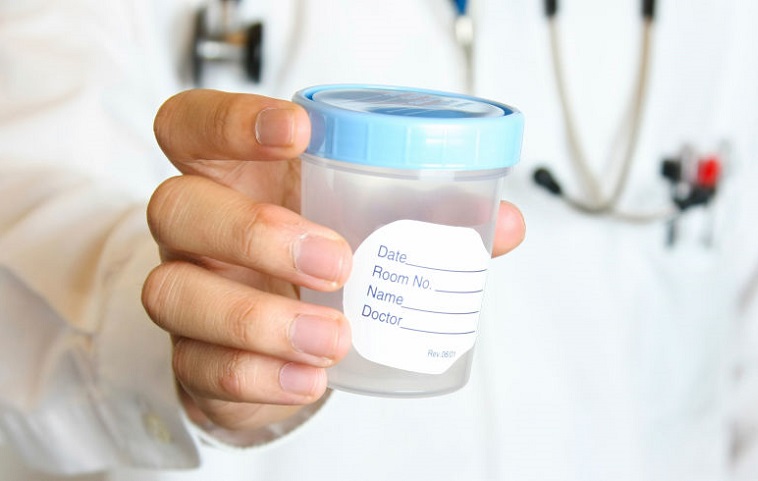How long is a break in IVF treatment?

Sperm test in IVF treatment
3 October 2022How long is a break in IVF treatment?

As with all other treatments, it is not possible to succeed with every IVF treatment. Prior to successful IVF treatment results, it is only natural to encounter unsuccessful IVF methods. There are many factors that influence IVF treatment. Because of these factors, IVF treatment may fail.
However, if these issues are addressed, chances of a new IVF method being successful may be increased.
Reasons for failure of IVF treatment:
- Distorted genetic structure of the embryo,
- Inappropriate drug protocols used in egg development,
- Inadequacy of nutrient medium in which embryo develops,
- Thickening of outer shell of embryo
- Congenital pathologies of uterus,
- Formations such as polyps, fibroids,
- Adhesions of uterus,
- Blood clotting disorders,
- Violations of protective mechanisms,
- Chocolate cysts,
- Obstruction and swelling of fallopian tubes is one of reasons why IVF treatment is ineffective.
If IVF treatment fails, first of all, presence of genetic or systemic diseases that prevent couple from becoming pregnant should be investigated. In this context, chromosomal analysis, genetic coagulation factors and immunological studies are useful. If spouses have chromosomal problems, preimplantation genetic screening of IVF embryos should be performed prior to transfer process and transfer of suitable embryos should be performed. If there are intrauterine disorders, their removal through surgical procedures such as hysteroscopy or laparoscopy increases the chance of success before a new IVF method.
“How long does it take to take a break from IVF treatment?” to start a new trial after it fails.
If there is no successful result after IVF, an average of 2 to 3 months may elapse before starting a new IVF treatment. In other words, it is enough for a woman to have her period once or twice. Whichever method is used in IVF treatment, that is, the interval indicated in IVF or microinjection (ICSI) method is the same.
If a cyst has formed in the ovaries, OHSS (Ovarian Hyperstimulation Syndrome) has developed, or another problem occurs during IVF treatment, it is necessary not to use a new IVF treatment until complaint is resolved.
Most important factor in stopping IVF treatment is age-related progression in women. Age of woman to whom IVF treatment will be applied is important if unsuccessful results have been obtained during treatment. Because success rate of in vitro fertilization procedures used due to the progression of age in women is declining. In addition, women are also at risk of menopause due to aging.
Reason a woman’s age factor is so prominent has to do with ovarian capacity. In women, ovarian reserve may be adversely affected due to aging. Thus, success rate of IVF treatment is reduced. However, this does not happen to every woman of advanced age. Some older women have very good ovarian reserves. Thus, aging of a woman is not an obstacle to IVF treatment. However, it should not be forgotten that the ability of the ovaries usually depends on aging.
Reduction of ovarian chamber usually accelerates after 30-35 years. For some women, this may happen at an earlier age. Therefore, it is useful to consult a doctor
The most important factor to consider when evaluating IVF success rates is woman’s age. Period between in vitro fertilization attempts made over the age of 35 and around the age of 40 should be as short as possible. Because every time spent with these women is very important. Time should not be wasted. Because with age, ovarian chamber decreases. For this reason, it is enough to take a 1-month break in IVF treatment for women of older age group.
Before starting IVF treatment after a break, couples should not experience sadness and stress due to unsuccessful results of previous IVF treatment. For this reason, couples should provide positive support for each other and environment. The failure of IVF treatment result is quite natural. To ensure that this situation does not affect other treatments, couples prepare psychologically before starting a new IVF trial.
In addition, it will be useful to identify and eliminate problems that interfere with treatment. Typically, a young couple should get pregnant within 2-3 IVF attempts.
After first unsuccessful IVF attempt, couples can have a baby in new attempts. There is no set number of times the treatment can be applied. New examinations may be carried out at the request of couples, if doctor deems it appropriate and as long as health condition of couple allows.

